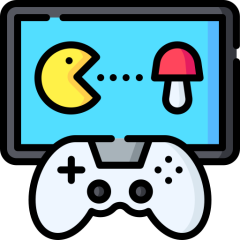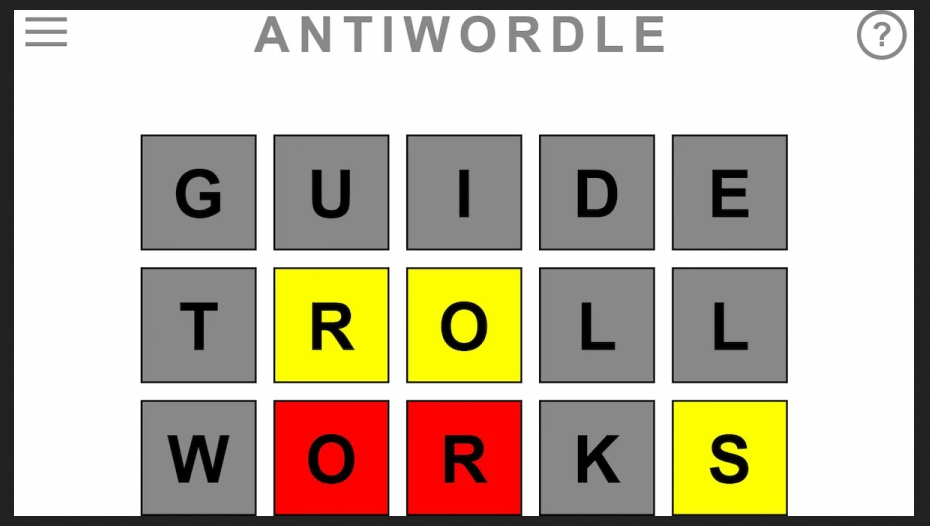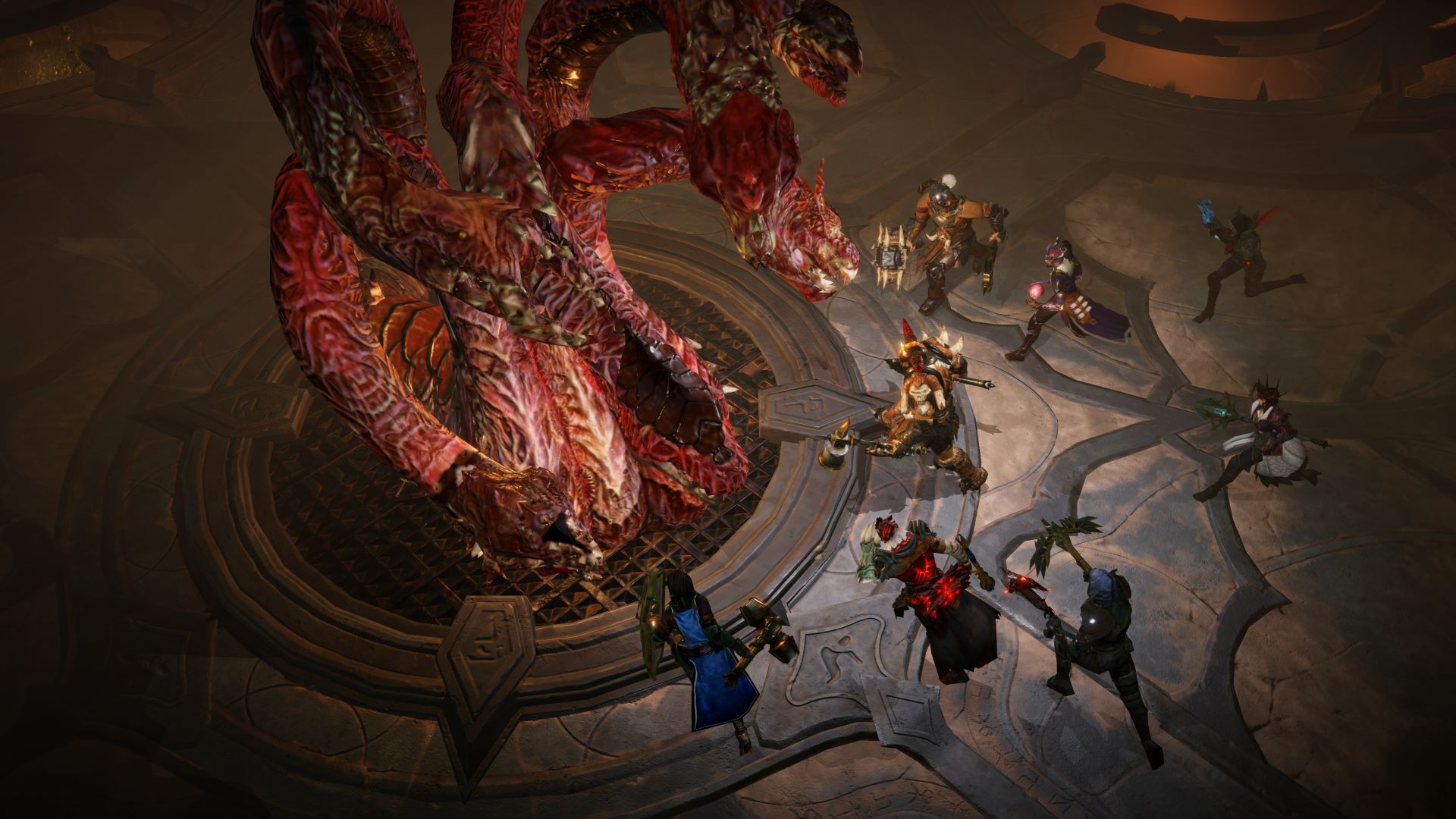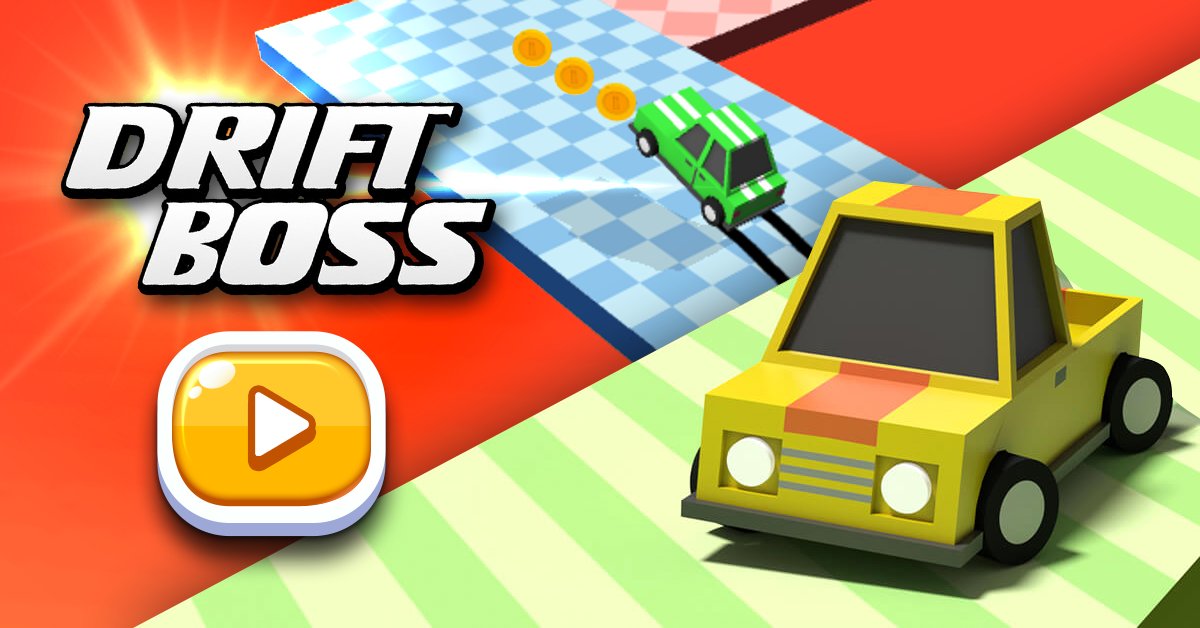In the expanding universe of wordplay, Antiwordle stands out as an intriguing experiment in cognitive inversion. This daily puzzle diverges from traditional Wordle’s objective: instead of revealing a word, you strive to avoid discovering it. In fewer than six guesses, you fail. At six, you triumph in losing.
Mechanics & Rules
Guess: Enter any valid five‑letter English word.
Feedback: Letter‐position matches are blanked or hidden—opposite of green/yellow feedback.
Goal: Force yourself to not solve the puzzle within six attempts.
At first glance, the game appears silly. Yet beneath its absurdity lies a thought-provoking challenger to our problem‑solving mindset. It dares us to examine our intrinsic compulsion to close any logical gap. Antiwordle weaponizes this urge to reveal, turning it inward.
Why It’s Brilliant
Cognitive dissonance: We’re trained to solve puzzles; here, solving equals losing. It’s a delightful tangle for the mind.
Meta‑gaming: You’re not merely choosing words—you’re strategizing to avoid revelation, a psychologically novel stance.
Minimal design, maximal twist: No levelling or trophies—just pure inversion of expectations. Elegance at its minimal best.
Critiques & Reservations
Some might argue that Antiwordle is a gimmick, entertaining for two minutes, then outdated. Indeed, if you crave layered narratives or complex strategy, this may feel hollow. Yet, its brilliance lies precisely in its brevity and conceptual purity.
Final Thoughts
Antiwordle challenges more than vocabulary—it challenges your cognitive wiring. For as long as humans play games to validate intellect, the novelty here will persist. I recommend this not merely as a puzzle, but as a thought exercise: let yourself lose at something and relish how strange—and refreshing—it feels.




